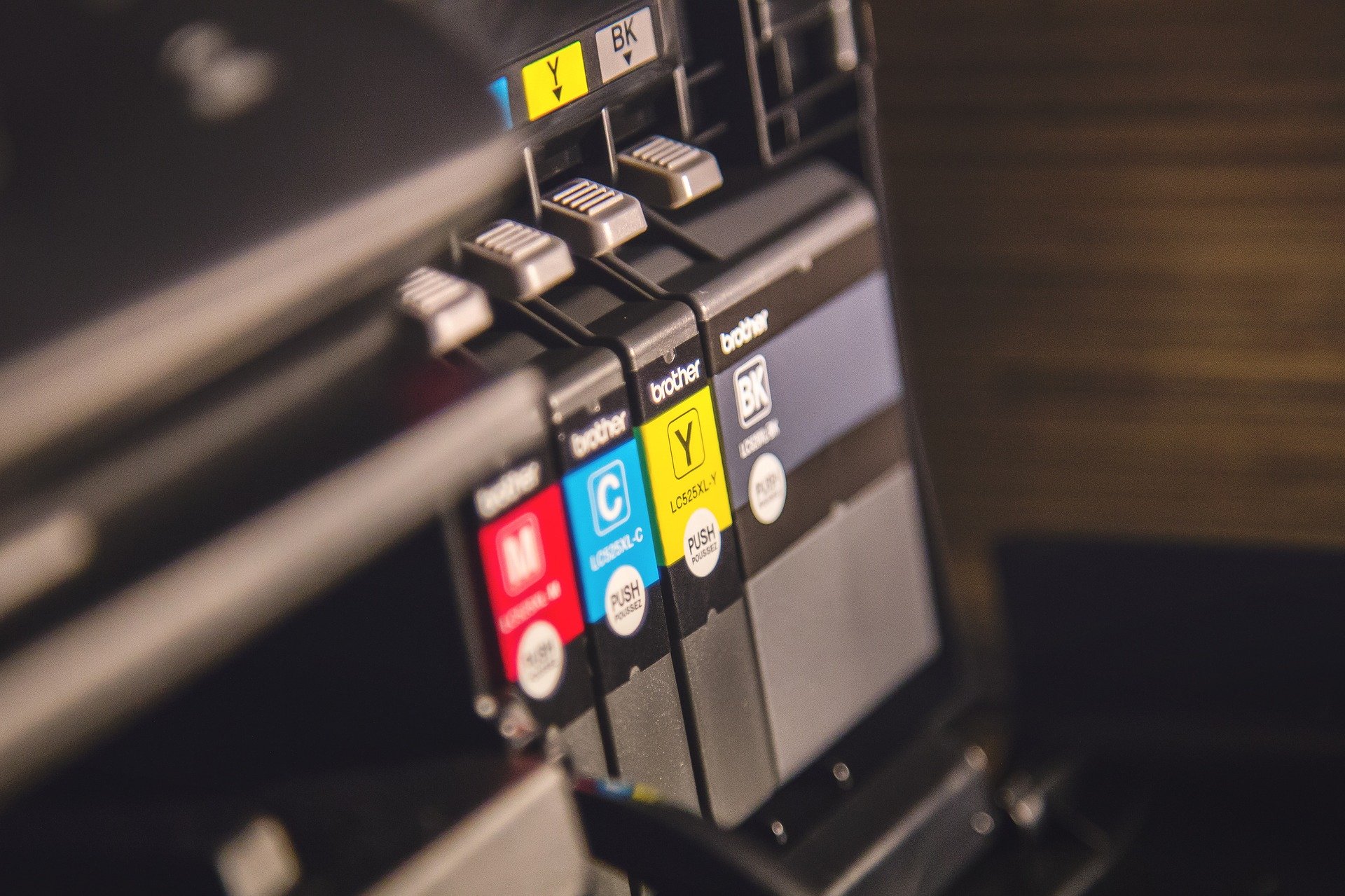The rapid development of disruptive technologies has become a black hole for every business in search of a competitive edge. Finding which ones to invest in can be a daunting task for anyone who’s looking to scale their business the smart way. Industry Wired provides an overview of the many tech trends that will likely dominate the acquisition and development of business technology in the coming years. This includes artificial intelligence (AI)-powered automation algorithms, a boom in web-based learning, mobile payment systems, and many other innovations. With the variety of choices available to growing businesses today, picking the right tech entails answering certain key questions.
How Will It Help Your Long-Term Goals?
This is the first and most important question that the decision makers in your business need to answer. Nowadays, it’s all too easy to get blinded by the latest tech trends, especially if your business has nowhere to go but up. But if your current tech is more than capable of providing what you need to stay on course, you might not need that shiny, new upgrade after all.
Just because it has the word ‘digital’ in it doesn’t mean that it’ll help your business to better navigate the rapid digitization of industries. A primer on digital printing technology published by HP states that offset printing still has plenty of advantages over its more “modern” counterpart, particularly when it comes to mass production. While digital printing is more suited for streamlining small to moderate jobs, even today, “dated” offset printing technology is still the most commonly used for large job orders —mainly because the printing cost per piece decreases as the order size grows. In short: don’t fix what’s not broken. The only reason to go to the trouble of acquiring, adopting, and/or developing any new tech is if it lines up with your core business strategy.
How Much Training Does It Need?
Apart from the price of the new technology itself, this is the next biggest cost you need to consider. How long will you be dependent on outside experts before you can develop the internal expertise needed to fully adopt and develop the tech on your own? In our article ‘Does Your Business Need An Infusion Of Technology?’ we explained why both your staff and customers need to be trained to use new tech deployments properly. The best AI-powered accounting software in the world is useless if your staff can’t maximize its features. Likewise, your customers won’t care that you have the latest machine learning financial software if they don’t understand how it benefits their interests. The more disruptive the tech, the more training needs to be done — make sure that the costs of training and adoption are worth it.
Can It Be Scaled?
Will this new technology be able to grow with your business? Scalable technology simply means that it’s highly customizable; the type that allows you to add and subtract different elements in order to better fit your needs and strategy. The ongoing challenge of scalability within the ecommerce and warehousing industry has been well-documented by Supply Chain 24/7, noting how rapid industry growth and development in warehousing automation technologies are forcing big players to rethink the way they adopt new tech. This underscores the crucial role of scalability in tech acquisition. In an ever-changing, tech-dependent world, easily adjustable systems are more likely to remain relevant.
How Long Until You See ROI?
This is your bottom line. If you’re willing to wait a long time before you see any return on your new tech investment, then make sure that your company can afford the wait. By answering the above questions, you can accurately determine when your ROI will come — and whether or not that timeline still lines up with your core long-term strategy.



